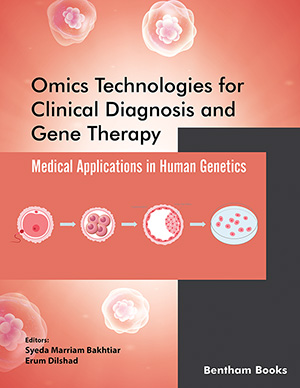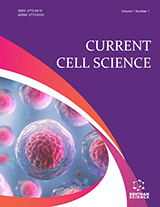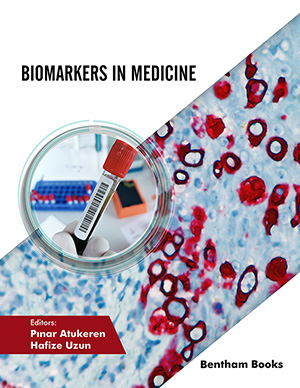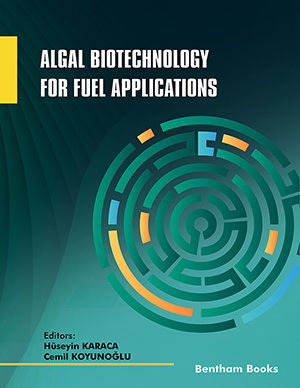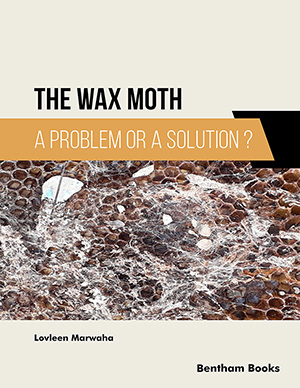Abstract
Pre-implantation genetic diagnosis (PGD) is a practical alternate evolving
approach to prenatal diagnosis and termination of pregnancies in families with a high
risk of Mendelian monogenetic and polygenetic disorders. Pre-implantation genetic
diagnosis testing is continuing to extend immensely, along with a novel genetic
analysis and in vitro fertilization approaches are in practice in the medical field
throughout the world. However, PGD is regarded as ethically sensitive because
repetitive termination of pregnancy causes huge psychological effects on the couples,
and also because the low rate of pregnancy and birth makes it unreliable compared to
prenatal testing. But it is also helpful in achieving additional goals e.g., improved
embryo and gender selection, overcoming the chances of birth of a child with an
unknown genetic defect, better understanding of epigenomic regulations and reduction
in the monetary burden of society. This chapter focuses on PGD, its procedure, utility
and advantages, goals and objectives and the various issues surrounding it. We also
discuss the future of this technology at the end of the chapter
Keywords: Mendelian monogenetic and Polygenetic disorder, Prenatal diagnosis, Preimplantation genetic diagnosis.


